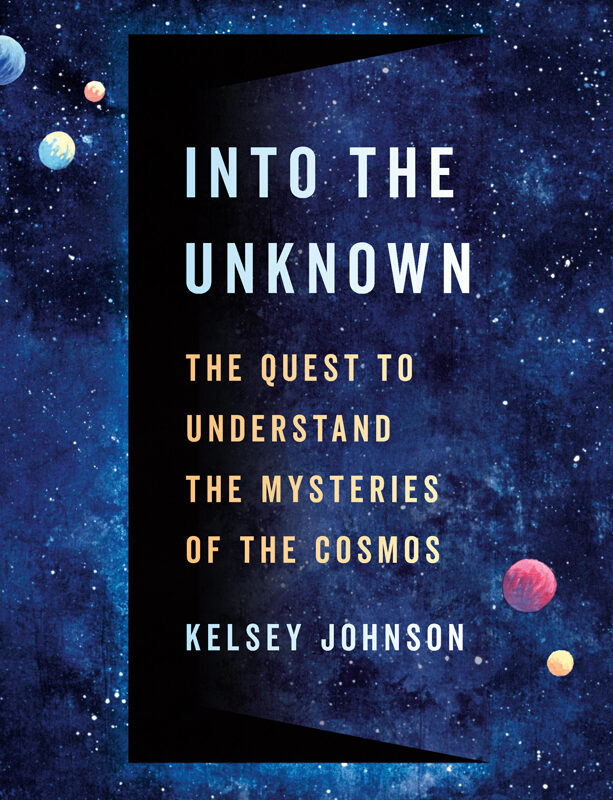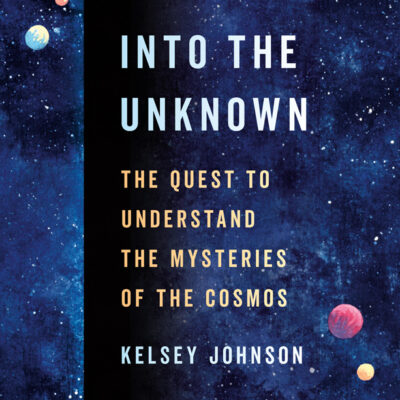In Adam McKay’s satire Don’t Look Up, astronomy grad student Kate Dibiasky (Jennifer Lawrence) and her professor, Dr. Randall Mindy (Leonardo DiCaprio), discover a “planet-killing” comet that’s hurtling toward Earth. Aided by NASA official Dr. Teddy Oglethorpe (Rob Morgan), our heroes bravely try to warn the world. As the news breaks, backwards mobs vehemently deny the comet’s existence, and these three Cassandras desperately struggle to prevent doomsday. What all this amounts to is a ham-handed allegory about climate change, undone by its preachy, self-congratulatory tone, which constantly reminds the audience this is a very important film. In reality, its recent Academy Award nomination in the Best Picture category hardly reflects the actual film. For an alleged comedy, Don’t Look Up takes itself way too seriously.
The issues the film confronts are important: America’s rampant greed, misguided priorities, sick obsession with celebrity, overdependence on technology, scientific illiteracy, and—metaphorically—global warming. But tackling substantial topics doesn’t inherently give a movie substance. This story about whistleblowers blasts a shrill and persistent whistle.
Moreover, Don’t Look Up really isn’t saying anything new, in terms of either cultural commentary or science fiction. Its runaway comet concept is a deathless chestnut in genre films and literature, in everything from When Worlds Collide to Greenland. Parodying that sub-genre could be very funny, but here the humor is bludgeoning. Ultimately, Don’t Look Up plays like an overlong, half-baked episode of “Black Mirror,” with little of that series’ scathing intensity.
Don’t Look Up has been compared to Stanley Kubrick’s apocalyptic comedy Dr. Strangelove, which is stretching a point. What Kubrick accomplished tightly in just over an hour-and-a-half, this film doesn’t come close to matching in its draggy two hours and 25 minutes.
There’s a gag Kubrick belabored in Dr. Strangelove: a sign reading Peace is Our Profession at the Air Force base where World War III is triggered. Don’t Look Up has similar weak spots—the flick stridently overworks various on-the-nose satirical jabs about why our heroes can barely get anyone to listen or actually mobilize the world to overcome the grave problem at hand.
DiCaprio and Lawrence are both good. Melanie Lynskey is excellent as DiCaprio’s put-upon wife, and Tyler Perry is spot-on as a glib, glad-handing talk show host. Meryl Streep as the U.S. president and Cate Blanchett as Perry’s co-host are both arch and unfunny. Jonah Hill as the president’s son is, as his part demands, repulsive, but he doesn’t believably capture that character’s stupidity. And as a cartoonish military thug, Ron Perlman gamely does his best with a very broadly written role.
It’s Mark Rylance’s performance that steals the movie. As billionaire cell phone mogul Peter Isherwell, whose vast wealth blinds the public to his deep fallibility, Rylance skillfully hits all the right notes, from his simpering voice to his perpetual gameshow-host grin. Rylance flawlessly delivers Isherwell’s stream of messianic double-talk, which masks the dehumanization and invasiveness lurking behind his technology. If all of Don’t Look Up paid off like Rylance’s exceptional performance, it would be a superior film.
Most of the film’s ideas holler out for more skillful treatment. The cinematography gets needlessly jerky. There are self-indulgent montages that could have been better handled. During Oscar season, as you make your list of movies to watch before the awards show, don’t bother to look at Don’t Look Up.
Don’t Look Up
R, 145 minutes
Streaming (Netflix)






